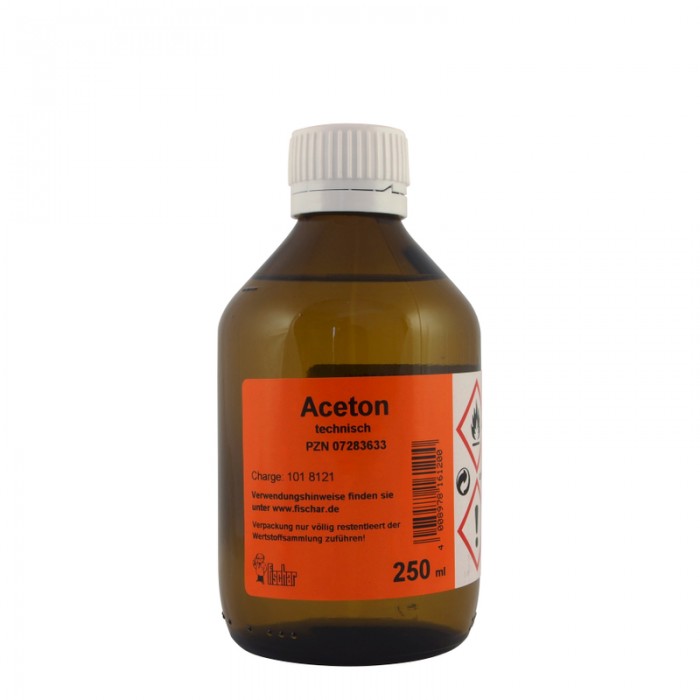

After we know, what is solvent or solvent? And also the uses and benefits of chemical solvents, this time we will discuss how to determine the right chemical solvent for your solution.
Solvents are usually liquid but can also be solid-gas, or supercritical fluid. The quantity of solute that can dissolve in the volume of a particular solvent varies with temperature. Chemical reactions can not be separated from the use of a solution. The solution consists of solvents (solvent) and solutes or commonly called solutes. Chemical solvents are generally substances that are in solution in large quantities compared to substances that are dissolved.
The solvent used is adjusted to the substance to be dissolved. There are several good solvent criteria including:
Examples of solvents and solutes in everyday life that we often encounter include water, alcohol, ammonia, sulfuric acid, ether, mercury as solvents and sugars, salts, metals, gold as solutes.
In addition, common uses for organic solvents are found in dry washing (eg tetrachloroethylene), such as paint thinners (eg toluene, turpentine), as nail polish removers and glue solvents (acetone, ethyl acetate), in stain removers (eg hexane, petroleum ether) , in detergents (lemon terpene) as well as in perfumes (ethanol).
The best solvents are those which can extract bioactive compounds from their solutes. If you are looking for the best quality chemical solvents, you can visit https://www.indochem.co.id/product.
Image source: Wikipedia
Article source: bisakimia and Wikipedia.